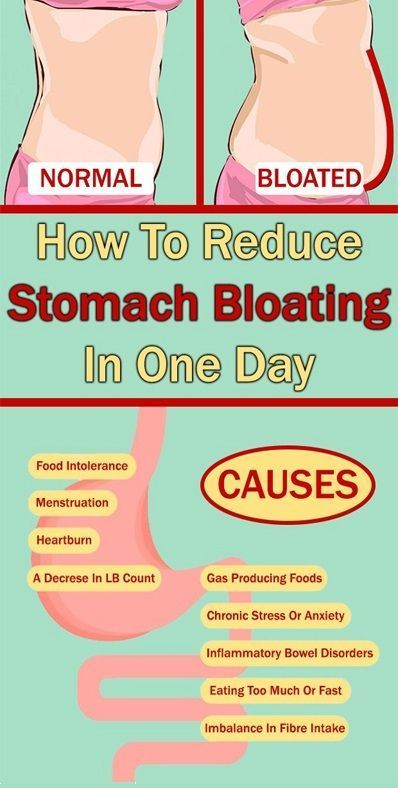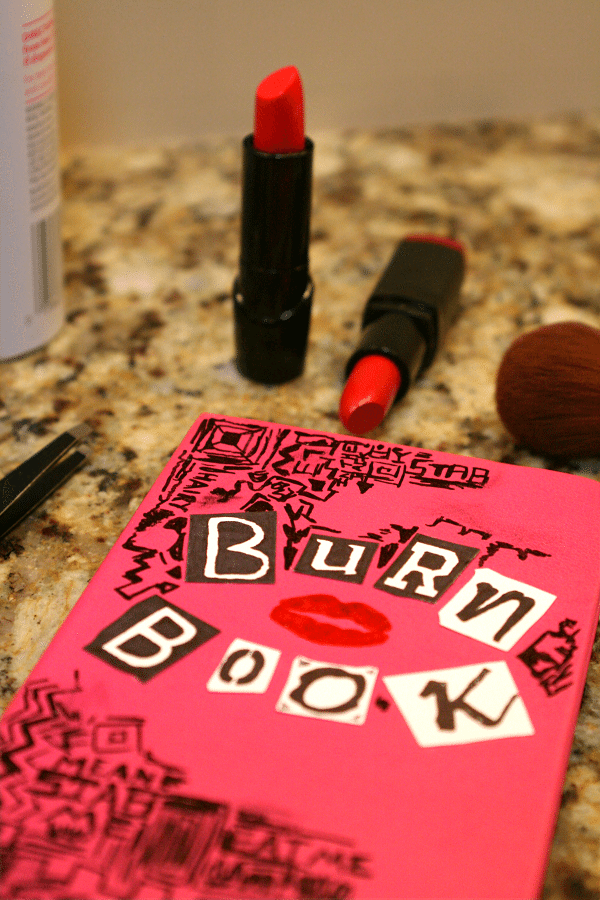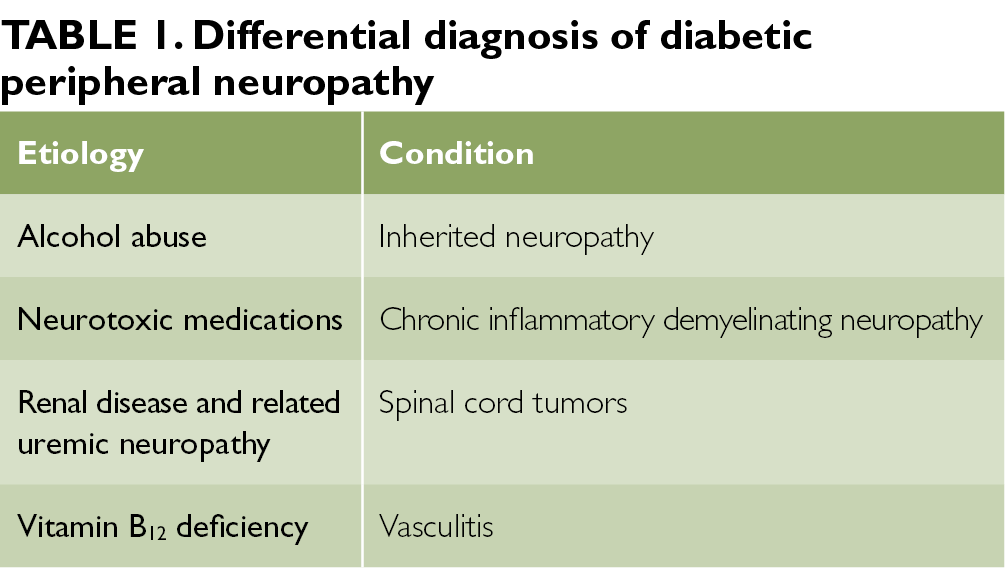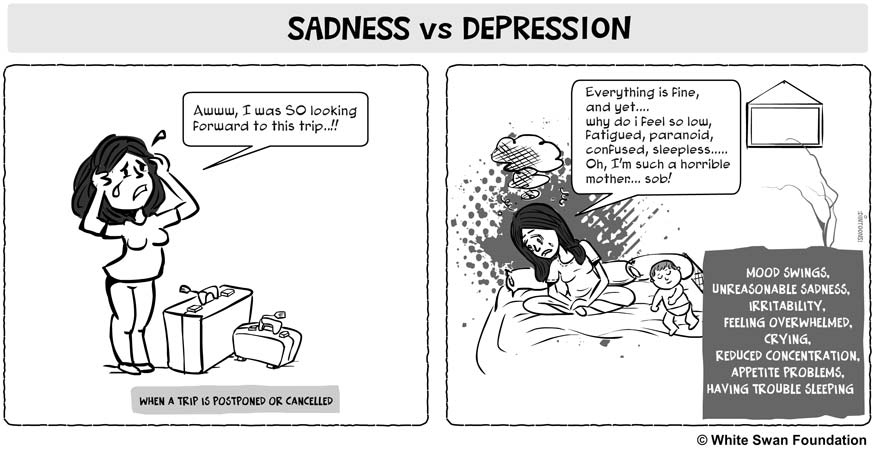How to reduce anxiety fast
How to Calm Down Quickly
Something sets you off, and before long, you feel stuck in an endless loop of intrusive thoughts, pondering every possible thing that could go wrong. Your body tenses, your breathing quickens, and you can hear your heartbeat pounding in your ears.
When you feel anxiety kick in like this, it’s time to calm yourself down. The first step is awareness. It’s a good idea to learn to recognize the first signs of anxiety and get to work right away before experiencing an episode.
Breathe
One of the best things you can do when you start to feel that familiar panicky feeling is to breathe. It may sound basic, but basic is great when managing anxiety symptoms.
Breathing deeply and slowly is key to experiencing the full benefits of it. It’s also a good idea to focus your thoughts on breathing and nothing else.
“When we draw our attention to our breathing and really focus on it, the thoughts that trigger the anxiety start to become more distant, our heart rate slows, and we start to calm,” explains Dawn Straiton, doctor of nursing practice and faculty member of Walden University.
Some people find 4-7-8 breathing particularly effective.
- Breathe in for 4 seconds.
- Hold your breath for 7 seconds.
- Exhale slowly for 8 seconds.
- Repeat until you feel calmer.
Name what you’re feeling
When you’re experiencing an anxious episode, you may not realize what’s going on until you’re really in the thick of it.
Recognizing anxiety for what it is may help you calm down quicker.
“Name that this is anxiety — not reality — and that it will pass,” says Kim Hertz, a psychotherapist at New York Therapy Practice. “When you are in a heightened state of anxiety, you want to disrupt that cycle, and for some people, thought-stopping techniques are effective and as simple as saying ‘stop’ to the internalized messaging that heightens anxiety.”
In other words, consider recognizing that what you’re feeling is anxiety and talking yourself through it.
“Embrace absolute truths,” says Steven Sultanoff, clinical psychologist and professor at Pepperdine University.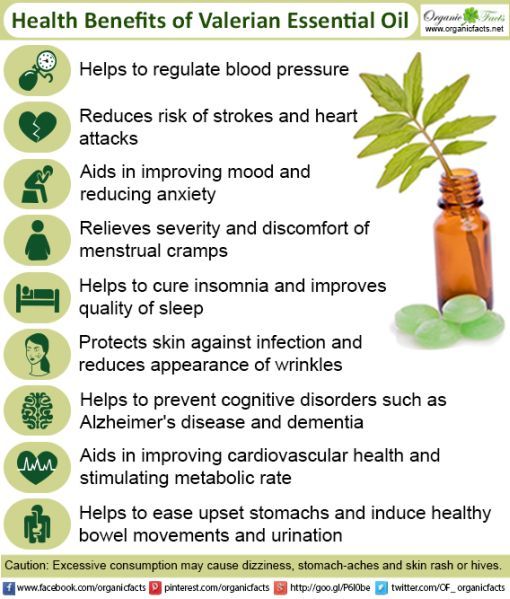 “[Tell yourself] I will get through this — one way or another.”
“[Tell yourself] I will get through this — one way or another.”
Naming your sensations and feelings may help you step away from them. This is anxiety, it is not you and it won’t last forever.
Try the 5-4-3-2-1 coping technique
When you’re overwhelmed with anxiety, the 5-4-3-2-1 coping technique could help calm your thoughts down.
Here’s how it works:
- Five. Look around the room, then name five things you see around you. These can be objects, spots on the wall, or a bird flying outside. The key is to count down those five things.
- Four. Next, name fourthings you can touch. This can be the ground beneath your feet, the chair you’re sitting in, or your hair that you run your fingers through.
- Three. Listen quietly, then acknowledge three things you can hear. These can be external sounds, like a fan in the room, or internal sounds, like the sound of your breathing.
- Two.
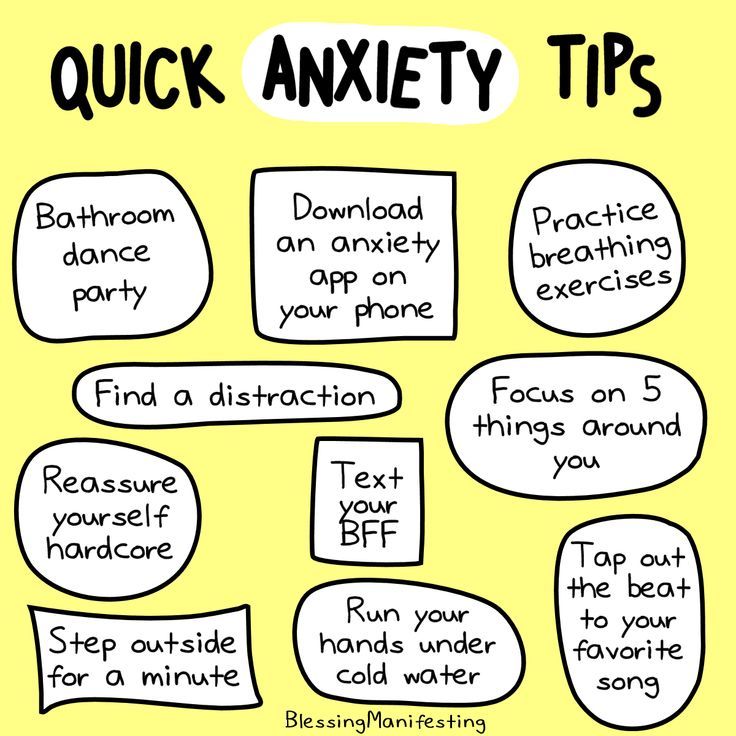 Note two things you can smell. Maybe that’s the perfume you’re wearing or the pencil you’re holding.
Note two things you can smell. Maybe that’s the perfume you’re wearing or the pencil you’re holding. - One. Notice something you can taste inside your mouth. Maybe that’s the lipgloss you’re wearing.
This technique works best if you pair it with deep, slow breathing.
Try the “File It” mind exercise
The “File It” technique works particularly well if you’re lying awake at night thinking of all the things you have to do or haven’t done, or if you’re rehashing something that happened during the day.
These are the steps for performing this exercise:
- Close your eyes and imagine a table with file folders and a file cabinet on it.
- Imagine yourself picking up each file and writing down the name of a thought that’s racing through your mind — for example, the fight you had with your spouse, the presentation you have to give tomorrow at work, or the fear you have of getting sick with COVID-19.
- Once the name is on the file, take a moment to acknowledge the thought and how important it is to you.
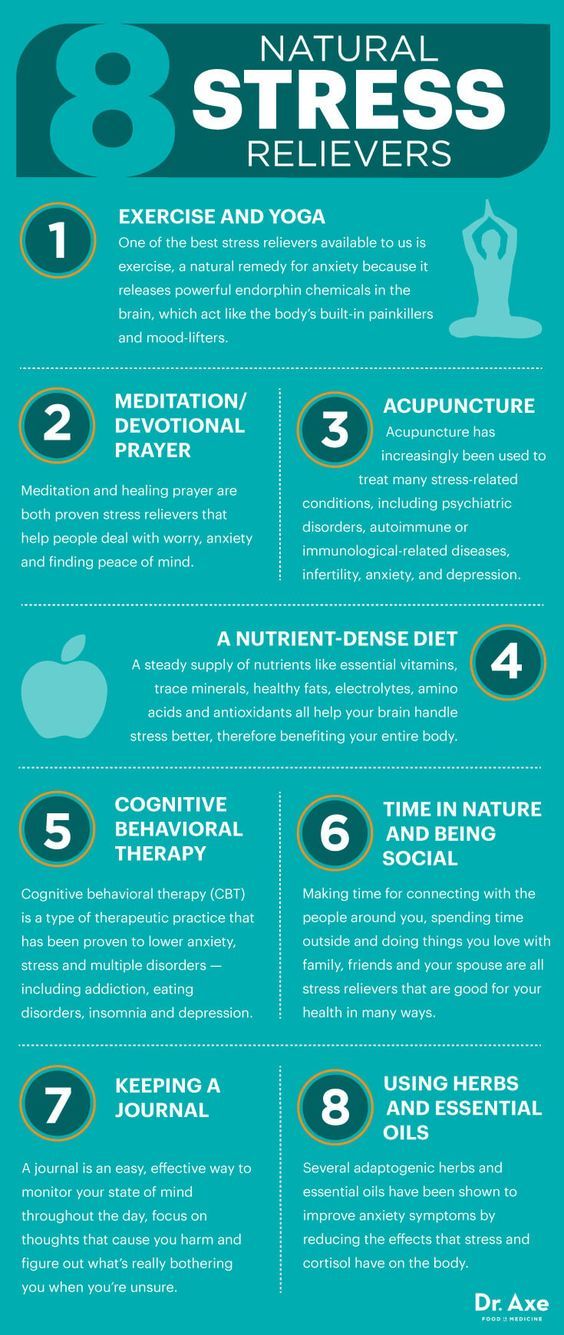 Then, file it away.
Then, file it away. - Repeat this process with every thought that pops into your head until you start to feel calmer (or sleepy.)
The idea with this exercise is that you’re taking a moment to name your triggers, examine them, and then consciously put them aside with a deadline to tackle them later. In other words, you’re validating your own feelings and making a plan to deal with them, one by one, when it’s a better time.
Run
“A quick burst of exercise that increases your heart rate is helpful at reducing anxiety,” explains Patricia Celan, a postgraduate psychiatry resident at Dalhousie University in Canada.
A 5-minute, high-speed run around the block would be enough to help you reduce anxiety quickly, says Celan. Of course, you could run for a longer time if that’s something you enjoy.
If running is not your thing, you could try walking fast for 1 minute and then jogging for 1 minute until you reach 5 minutes total. The key is to increase your heart rate with exercise.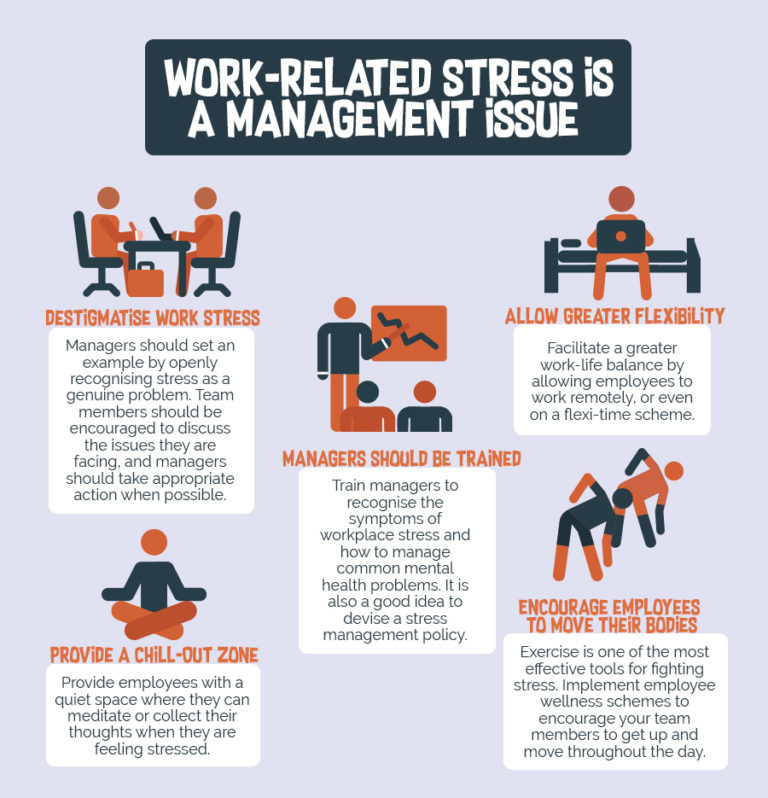
It’s also important not to forget your breathing. While you run, consider focusing on how you’re breathing.
If you live with an anxiety disorder, your amygdala is working overtime. Every time you perceive a threatening trigger, this information is sent to your amygdala. If you have anxiety, you may deal with a lot of triggers. Every time the amygdala senses a threat, it tells the body to fight, flee, or freeze.
This is a natural physiological reaction that allows you to respond to the perceived threat.
If your reaction to this message is to run, you might trick your mind into thinking it’s doing something practical to keep you safe. Then, it may lower the state of alert and reduce your anxiety in the moment.
Think about something funny
“Visualize your favorite humorous moments,” says Sultanoff. “One where you laughed so hard you fell down and [nearly] peed your pants. These can be real situations, or they can be situations you saw on sitcoms, in stories, jokes, or cartoons.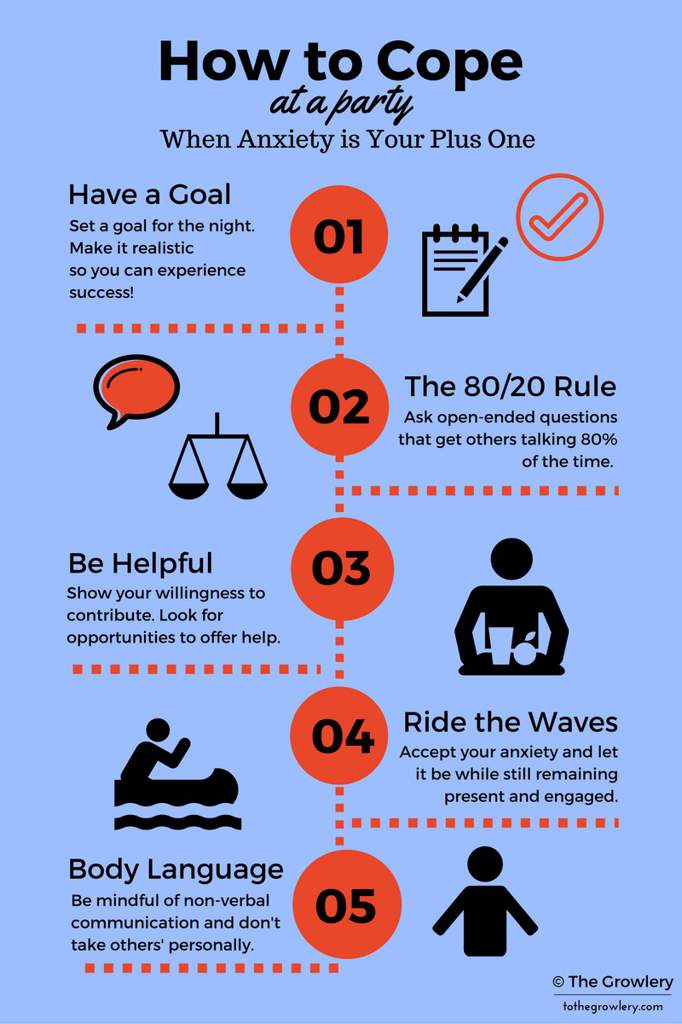 ”
”
If it’s difficult for you to come up with something in the moment, try picking a couple of memories ahead of time, so you can go to them as soon as you start experiencing anxiety.
Like most mindfulness training, humor visualization takes you out of worrying about things that might happen in the future and focuses you back in your present circumstances, in the “now.”
It does a few other things too. “You experience ‘mirth,’ which is the uplifting reaction to humor,” explains Sultanoff. You feel emotions such as joy, pleasure, or delight — all powerful emotions that can help you reduce anxiety quickly.
And if you’re able to make yourself laugh by remembering that funny moment, he says, humor visualization is even more effective.
“When you laugh, you contract and expand muscles, which reduces physical anxiety, stress, and tension,” he says.
Laughter also combats the production of cortisol levels in the body, he adds.
Distract yourself
If nothing seems to be working to pull your focus from your anxious thoughts, maybe it’s time to find a temporary distraction.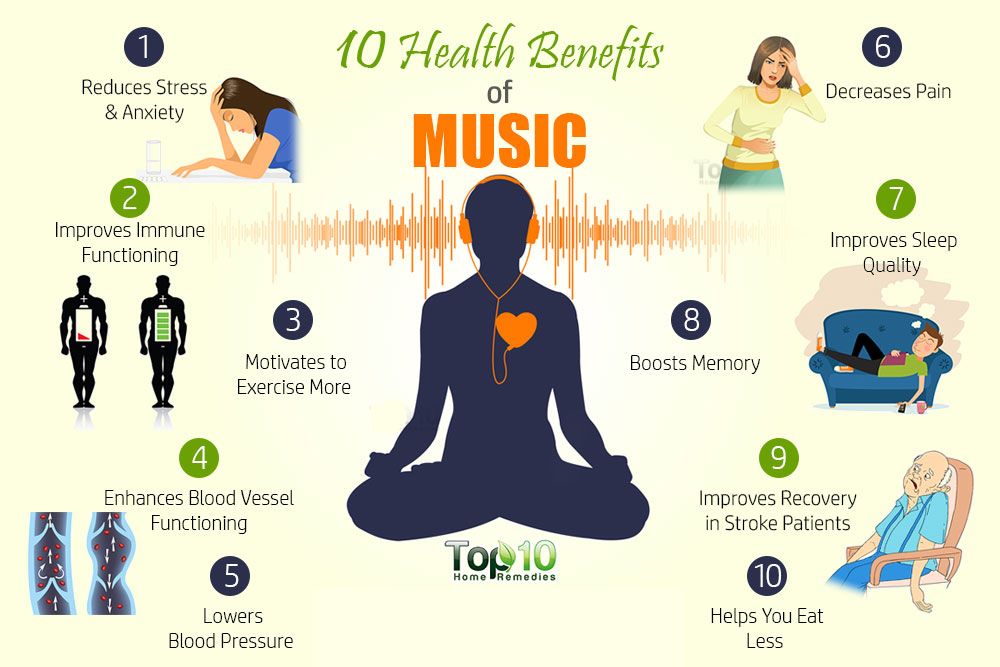
For example, if you’re lying in bed, wide awake, obsessing about what tomorrow will bring and deep breathing and other techniques aren’t working, get up and leave your bedroom and find a distraction in another room.
Focusing on something you really enjoy can break the cycle of anxious thoughts and give you some relief — at least until you’re in a better frame of mind to tackle those thoughts.
What that distraction is, however, varies from person to person. The idea is to find something relaxing, pleasurable, or mindless to pull your focus from your thoughts.
For example, some people find doing the dishes or cleaning their house to be a good distraction. It makes them feel active and requires some focus, but it pulls them away from just sitting there worrying.
Other people prefer listening to calming music, watching a favorite TV show or movie (just avoid one that is scary or stressful), reading, painting, or writing.
Sometimes, simply petting your cat or drinking a cup of tea helps.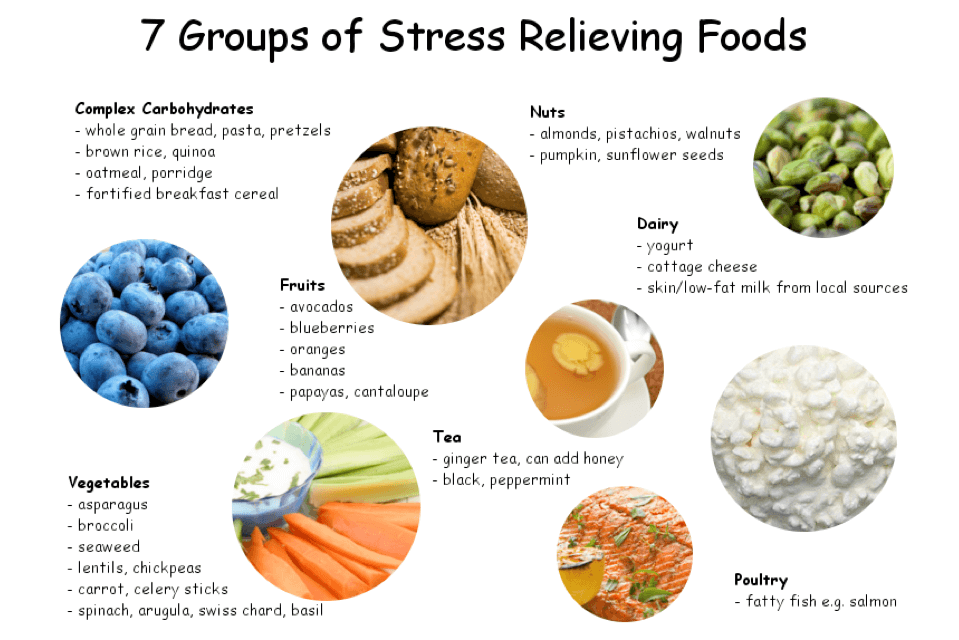 Just make sure you pick a low-stress activity to pull your thoughts away from the source of your anxiety.
Just make sure you pick a low-stress activity to pull your thoughts away from the source of your anxiety.
Take a cold shower (or an ice plunge)
If you’re experiencing particularly intense anxiety, says Celan, some psychiatrists have a relatively extreme (and unpleasant) way to snap you back to reality: you can fill a large bowl with cold water, throw some ice cubes in, and dunk your face in the water for 30 seconds.
Is it extreme? Yes. But it also works.
“This technique triggers your mammalian dive reflex,” explains Celan. “It tricks your body into thinking you’re swimming, so your heart rate slows, and your body becomes calmer.”
If you don’t feel like doing something this extreme, you can achieve a similar calming effect by jumping in a cold shower or going swimming.
Another option that works, and that some dialectical behavior therapists use, is to place your hand or foot in cold water for a minute or so. You could also hold an ice cube until it melts in your hand.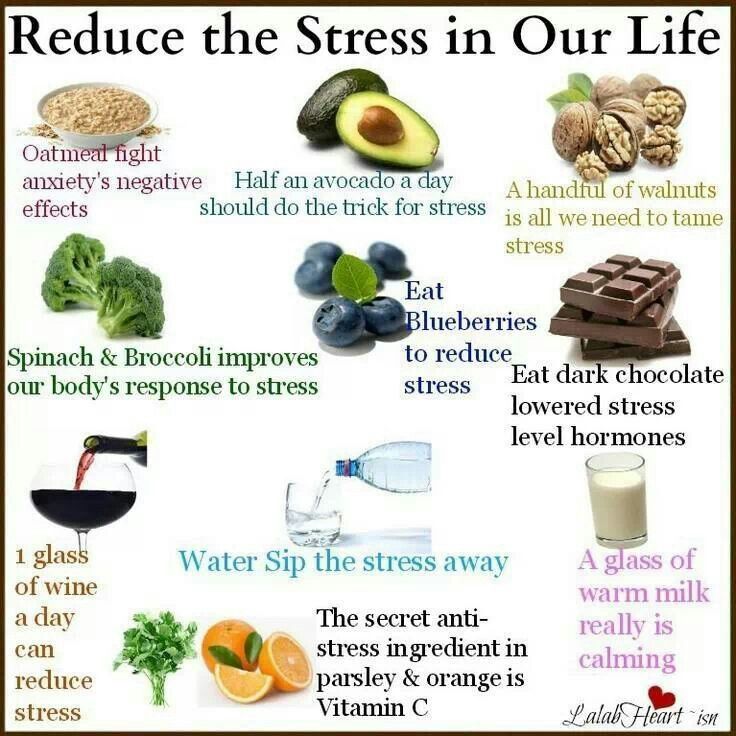
There are some things you can do to improve your overall mental health and reduce your stress — which might help reduce anxiety symptoms.
Identifying triggers
The best way to do this is to keep a diary. Write down when you feel anxious and what you think caused the anxious episode.
“List these things out to identify what is outside your control and focus on the things that are within your control,” says Straiton.
For example, if you know that social interactions with a specific person tend to trigger your anxiety, make a note of that. Then, consider focusing on these questions:
- What makes me anxious about this situation?
- Are they going to judge me?
- Am I judging them?
- Even if they were judging me, how would that really affect me?
- Would preparing this interaction help me feel less anxious? (e.g., what you’re going to say or how you’re going to say it)
“When individuals have a plan, they feel ‘in control’ of the perceived future threat that is the trigger of anxiety,” explains Straiton.
Self-care routines
Consider taking a routine that makes time for you to do calming or pleasurable activities.
This can be taking a 30-minute walk or a nightly bath before bed. It can also mean carving out time for meditation, yoga, and your favorite hobbies, whether that’s reading, painting, or doing the Sunday crossword.
It can even mean making time for “play,” such as playing video games, board games, or team sports.
It may be advisable to skip any high-impact exercise within 2 hours of bedtime.
“Play is important to adults too because it gives your brain a break,” says Emily Stone, a marriage and family therapist based in Austin, Texas. “Play helps your brain be more flexible in its thinking, which is important because anxiety promotes rigidity of the brain.”
She adds, “Play tells your brain and body, ‘Things aren’t so bad. You are safe enough to stop and enjoy life. Your brain and body are listening to what you tell it through your activity.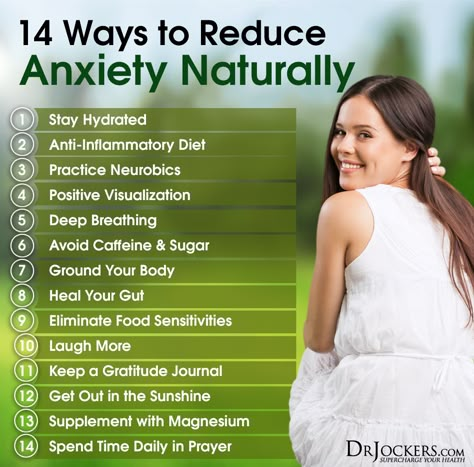 Communicate that life is worth stopping and enjoying.”
Communicate that life is worth stopping and enjoying.”
Regular exercise
If you live with anxiety, you may feel at times that you don’t have time or energy to go to the gym or out for a walk.
It’s natural to feel this way. However, exercise can do a world of good in reducing anxiety. And, you don’t need a ton of exercise to begin seeing the effects!
“A simple 20-minute daily walk is all that is needed to see a change over time,” says Stone. “It is good for your mind and body. It provides bilateral stimulation to your brain. It gives your mind a chance to go ‘offline,’ and it tells your body that it is safe to relax and enjoy the environment.”
Practice good sleep hygiene
Try to go to sleep and wake up at the same time every day — weekends included.
Your routine before going to bed also matters. Consider giving yourself wind-down times. For example, 20 minutes with no devices. Instead, you could read a book or take a bath.
Avoiding potential triggers, like watching TV or scrolling the news on your phone, is key.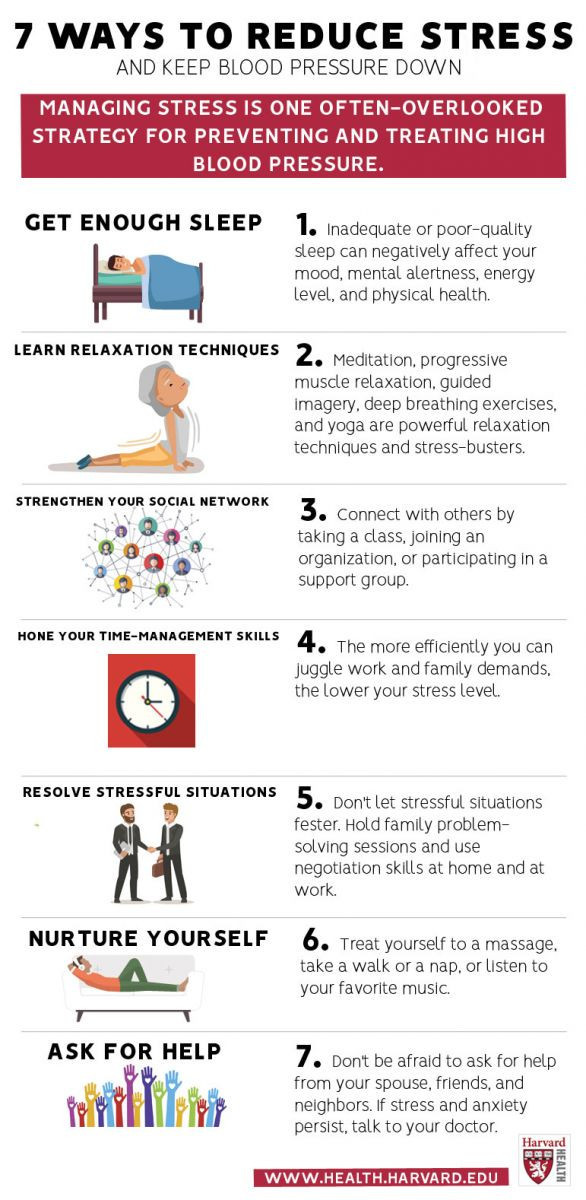
Creating a sleep routine will help you fall asleep faster and reduce the chances that you’ll lie awake, worrying about unfinished tasks or the next morning.
Humor
Just like thinking about something funny when you’re having an anxiety episode, working humor into your daily life can help you lower anxiety and stress, according to Sultanoff.
Consider these:
- Sign-up for joke newsletters.
- Read or watch cartoons.
- Watch sitcoms and funny videos.
- Hang out with people who make you laugh.
Hanging out with friends
“Relationships matter… even for us introverts,” says Stone. “Research also tells us that isolating is one of the worst things for anxiety and depression.”
So, consider making time for friends, family, and other social engagements.
“Put yourself in social situations at least weekly as a part of your self-discipline to help you build community over time,” says Stone.
Consider therapy
If you experience regular anxiety, it may be a good idea to consider therapy.
“Therapy can be an important ongoing part of a person’s life when they have jobs or relationship situations that bring chronic stress,” says Stone.
“A good therapist will be able to help you think through your options, establish boundaries, improve communication, practice emotional regulation and promote brain flexibility with [various therapeutic] approaches.”
What type of psychotherapy you choose is entirely up to you. You could consider setting up consultations with a few therapist to explore rapport and chemistry, for example.
Some of the therapy approaches you could consider include:
- cognitive behavioral therapy (CBT)
- dialectical behavioral therapy (DBT)
- internal family systems (IFS)
- emotional freedom therapy with tapping (EFT)
- eye movement desensitization reprocessing (EMDR)
- virtual reality exposure therapy
Sometimes, anxiety can be overwhelming and it could lead you to experience great distress.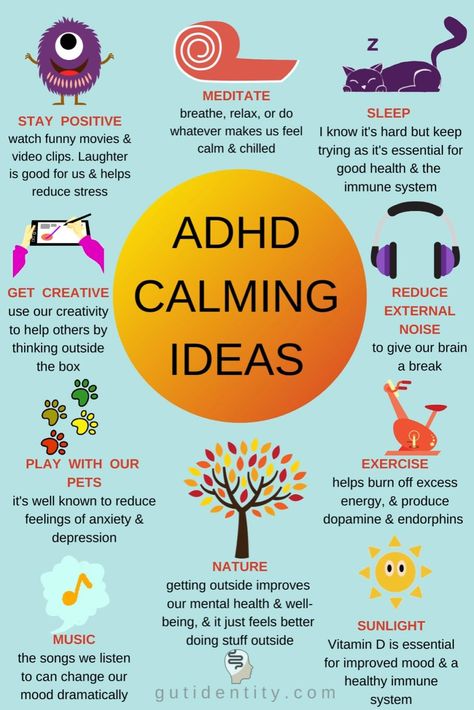 This is natural and not uncommon. A therapist can help you find more effective ways to manage these emotions.
This is natural and not uncommon. A therapist can help you find more effective ways to manage these emotions.
If your anxiety is persistent and intrusive, consider seeking the help of a professional. You can also check out our free anxiety quiz to find out whether what you’re experiencing might be something more.
If you’re feeling anxious, there are things you can do to help yourself calm down quickly. There are also lifestyle changes you can make that can help lower your stress levels and help you cope with potential triggers.
You might also find it helpful to talk to a therapist.
These resources might help:
- American Psychiatric Association’s Find a Psychiatrist tool
- American Psychological Association’s Find a Psychologist tool
- Asian Mental Health Collective’s therapist directory
- Association of Black Psychologists’ Find a Psychologist tool
- National Alliance on Mental Illness Helplines and Support Tools
- National Institute of Mental Health’s Helpline Directory
- National Queer and Trans Therapists of Color Network
- Inclusive Therapists
How to Ease Your Anxiety
Everyone feels anxious from time to time. Occasional anxiety is a normal reaction to uncertainty about what’s going to happen next, whether that’s in the next few minutes, days, or months.
Occasional anxiety is a normal reaction to uncertainty about what’s going to happen next, whether that’s in the next few minutes, days, or months.
Mental health experts define anxiety as worry over a threat that’s still in your future. Thinking about a conversation you dread, for example, could twist your stomach into knots days before it happens. Your heart may race before an exam or presentation. You might lie awake at night worried about whether you’ll catch COVID-19 at the grocery store.
It’s also normal to want to get rid of those uncomfortable, pit-of-the-stomach feelings as quickly as possible. But that approach can make you more anxious, says David H. Rosmarin, PhD, associate professor of psychology at Harvard Medical School in Boston.
“When you worry about getting rid of your anxiety, you’re signaling your nervous system that you have even more to be anxious about. And that makes your anxiety worse,” he says.
Keep in mind that if your anxiety is long-lasting and interferes with your daily life, you could have an anxiety disorder.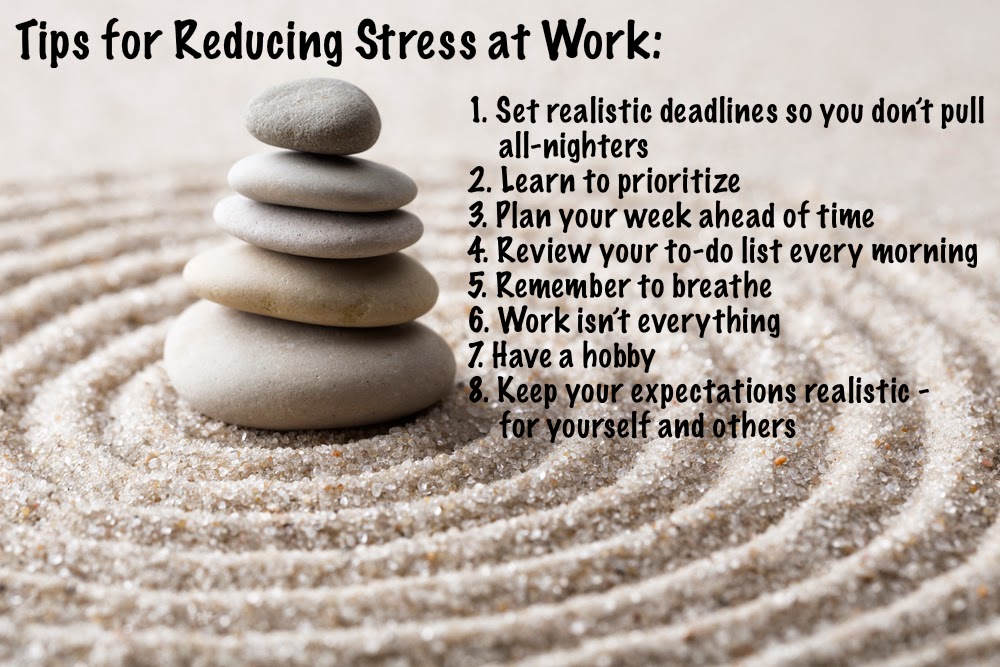 In that case, you may need treatment to overcome it.
In that case, you may need treatment to overcome it.
Calm Anxiety by Accepting It
It’s not what people expect to hear. But one of the most effective ways to ease occasional anxiety is to accept it, says Rosmarin, who is also founder of the Center for Anxiety in New York City.
“When we let anxiety run its course in the moment without fighting it, ironically, that makes it less. On the other hand, fighting anxiety is what typically [triggers] a panic attack,” he says.
“And, if your only strategy is to distract yourself from your anxiety or to avoid things that cause it, you’ll always be afraid of it. It’s always going to be the bully in the schoolyard because you’ve never learned to deal with it.”
The Anxiety and Depression Association of America puts it this way: “The thoughts you resist persist.”
Try these steps instead:
Recognize and understand your anxiety: Tell yourself, “My nervous system is kicking into high gear because I’m worried about [thing X].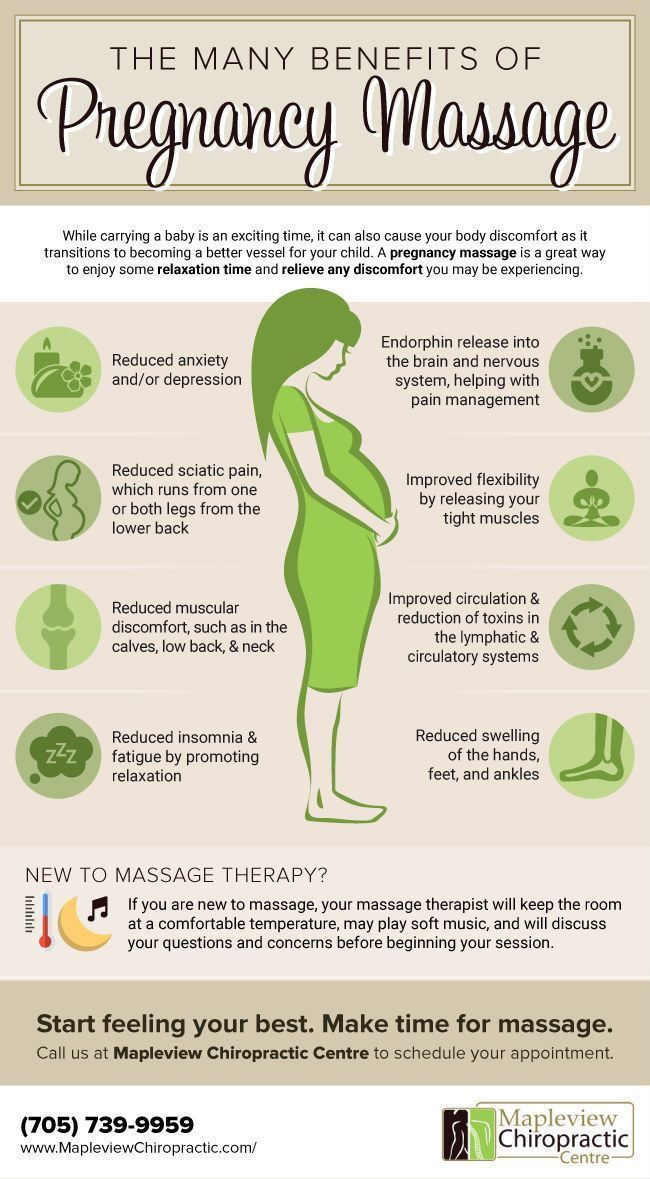 ”
”
Don’t criticize yourself for those feelings: Instead, say, “This is a normal, healthy response by my body to these circumstances, which are complicated, stressful, or difficult. It’s OK to feel this way.”
Know that you can have anxiety and still function well: “You can perform very well with anxiety, and probably have done so before,” Rosmarin says.
Think back to a time when you were anxious but did what you needed to do anyway. Maybe you were filled with anxiety before an event or a meeting. But later, someone said you did a great job.
How to Stop Anxiety
When your anxiety feels overwhelming, these techniques can give you quick, short-term relief.
Do a reality check: Ask yourself these questions:
- On scale of 1 to 100, how likely is it that the thing I’m anxious about will happen?
- Do I have good reasons to think something will go wrong?
- Is there a chance I’m overly worried?
Share your anxiety with someone you trust: Don’t avoid your anxious thoughts, which can make them worse. Talk them over with a friend or family member, who can help you put them in perspective.
Remind yourself that you’re safe: “When anxiety kicks in you may feel scared or out of control, with your mind racing to all these uncertain future catastrophes,” says clinical psychologist Debra Kissen, PhD, chief executive officer of Light On Anxiety CBT Treatment Centers in the Chicago area.
“Ask yourself, ‘Is there a real danger in front of me, or am I actually safe at home and worried about something that’s no threat to me right now?’” she says. “This thinking can ground you in the moment and reboot your brain and body so you feel less anxious.”
Redirect nervous energy: Anxiety can be like a motor revving, says licensed professional counselor Lisa Henderson. “Take control of that energy and put it somewhere else,” says Henderson, co-founder and chief executive officer of Synchronous Health in Nashville.
“If you’re sitting there worried, for example, get up and walk or pace,” she says. “Take a few minutes to clean something. Go outside for 5 minutes. Shorts bursts of activity can release that anxious energy.”
Take a mental break: “Use a guided imagery app or simply daydream on your own,” Henderson says. “A brief mental vacation can break the cycle of anxious thoughts.”
To try this on your own, set a timer for a few minutes, close your eyes, and picture yourself somewhere you feel peaceful or happy.
“Just letting your mind wander can work well if your anxiety comes from feeling controlled or managed,” Henderson says. “If your mind returns to its anxious thoughts, notice -- without judgment -- that it’s happened and mentally tell your anxiety ‘I’ll be with you in a moment.’ Then go back to your daydream.”
You may prefer an app that guides you through your thoughts to help you release anxiety. Find relaxation or meditation apps that appeal to you and give them try.
Just breathe: Inhale and exhale slowly, evenly, and deeply for several breaths.
Change your position: “Whatever you’re doing, do the opposite,” Kissen says. “If you’re hunched over with worry, stand up and take a Wonder Woman pose. If you’re under a blanket, go wash your face with cold water. Changing your sensory experience can ‘change the channel’ from anxiety.”
Use a mantra: A mantra can shift your mind away from anxious thoughts that play over and over in your head, Kissen says.
Two she likes are: “These thoughts are uncomfortable, but not dangerous,” and “This, too, will pass.”
Put your anxiety on a schedule: Pick a 15-minute window during the day to think about your anxieties. “During that time, tell your brain to just go for it and let the anxious thoughts come,” Kissen says. “But when they arise outside that time, tell them ‘I’m willing to hear you, but come back tomorrow at 3 p.m.’”
If anxiety keeps you awake, get up: “If you’re lying in bed worrying about things for more than 5 minutes, get up and go to another room and write down your anxieties,” Kissen says. “Go back to bed when you’re tired, but get up again if you feel anxious. It might take a few nights of going back and forth, but this exercise can train your brain that your bed is for sleep, not for anxiety.”
Do I Need Treatment for Anxiety?
There’s a lot you can do on your own to relieve anxiety, but sometimes you need help. Psychotherapy and medication are the two main treatments for anxiety disorders.
Signs that it’s time to talk to a mental health professional include:
- Constant or nearly constant anxiety
- Anxiety that gets in the way of your daily activities, like work or social life
- Anxiety about things that don’t actually threaten you
- Panic attacks
Check your health insurance policy to see what mental health services your plan covers. Then, review a list of your in-network providers to find one to connect with.
“You don’t want to add to your anxiety by paying big out-of-pocket fees,” Kissen says.
Your primary care doctor may also be able to recommend a mental health professional with experience treating anxiety and anxiety disorders.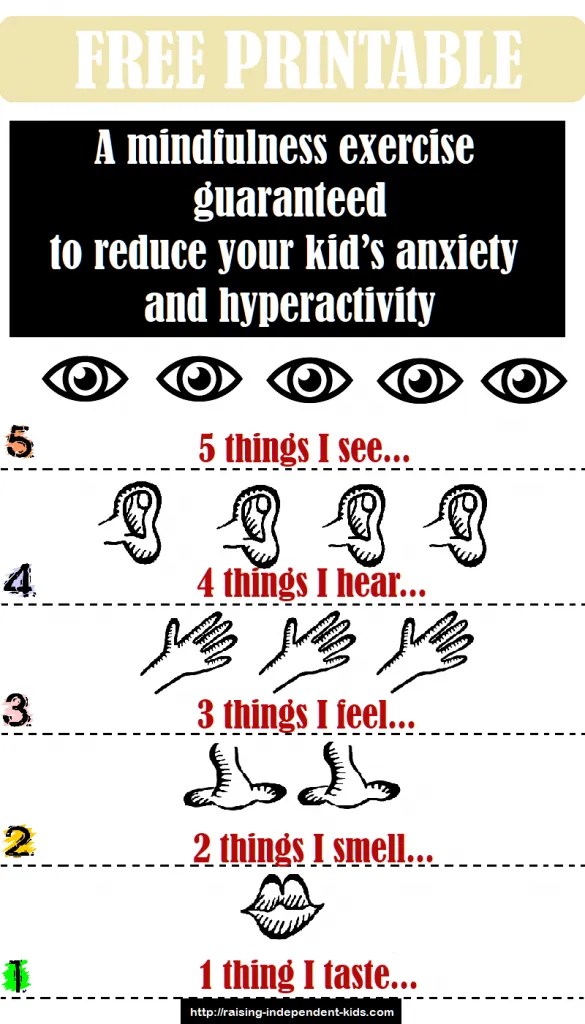
Rosmarin notes that it’s important to find a provider you click with and trust. He also says therapy doesn’t need to go on indefinitely to be effective.
“A course of cognitive behavioral therapy for anxiety may be eight to 10 sessions,” he says. “There’s also data to suggest that people feel substantially better after just one therapy session for panic disorder.”
Align the background: how to reduce anxiety?
Psychologists call increased anxiety a problem of our time: chronic stress, haste, a huge flow of information, political and economic instability, personal uncertainty - all these factors make the nervous system work to the limit. Anxiety reduces the general background of life and has a bad effect on the professional sphere. Many companies today are concerned about the psychological state of employees and are actively implementing programs for psychological relief, organizing meditations in the office, yoga classes, etc. At the same time, the demand for corporate psychologists is growing.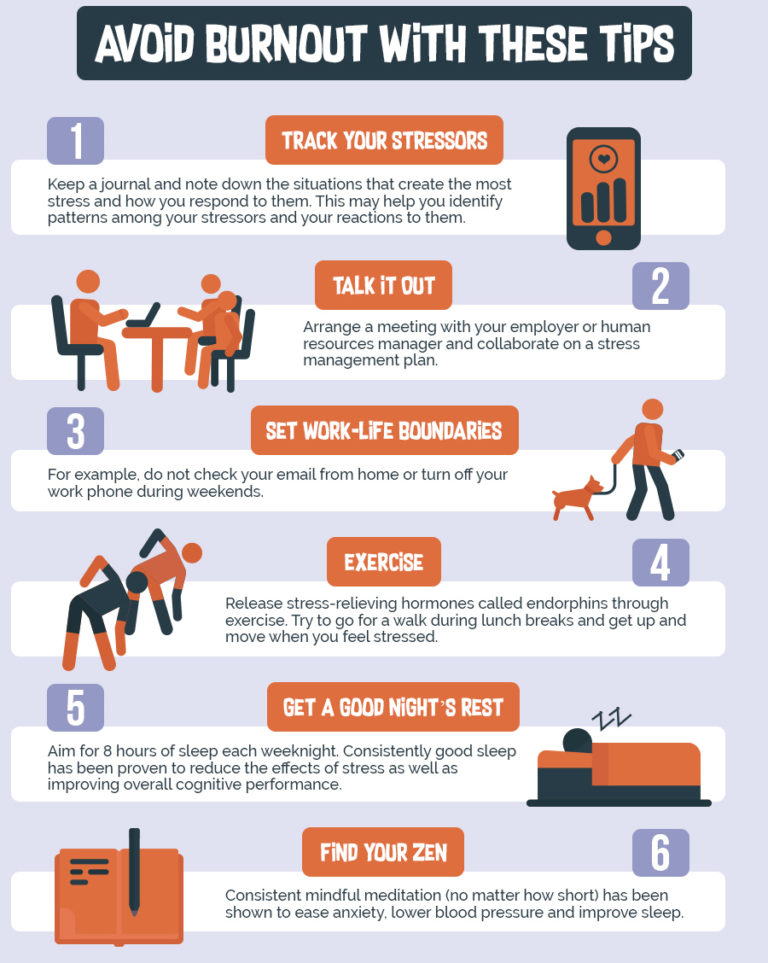 nine0003
nine0003
Employees themselves can also help themselves, the first step is to understand how anxiety works.
Freud first spoke about anxiety. He saw her as a guardian on the border of the conscious and the subconscious: when repressed feelings and experiences tend to “break through” into consciousness, anxiety appears that prevents this from happening. That is, its task is to protect against secondary injury.
Now psychologists separate anxiety and anxiety .
Alarm is event specific, it has a cause, it is valid. nine0003 For example, you do not have time to make a report and are worried - this is normal. After the situation is resolved, the anxiety will go away.
A anxiety is a stable personality trait, it is largely determined genetically. This type of anxiety has no apparent cause, it does not go away for a long period.
For example, if you still have enough time to turn in a report, but instead of working, you worry that you won't make it in time, that you will be poorly evaluated, that you will be fired, this is anxiety.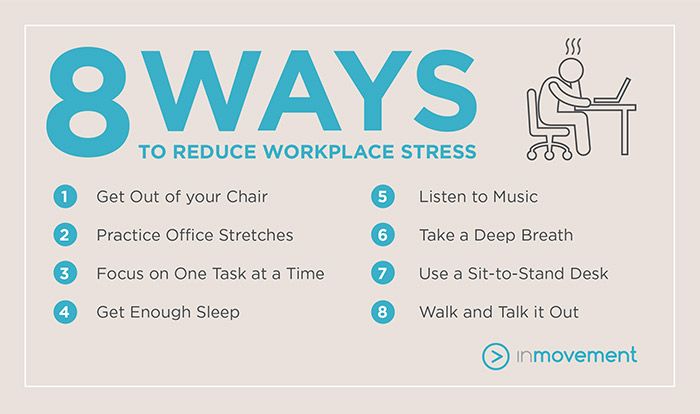 After the submitted report, the nervous background is likely to remain. nine0017
After the submitted report, the nervous background is likely to remain. nine0017 However, anxiety and anxiety are related . If you are a priori anxious, then you meet any situation in anticipation of a threat. You need to know this peculiarity of yours and consciously analyze whether your experiences are justified. And if you (or your environment, the work team) are used to making an elephant out of a fly on every occasion, then you generally become more anxious. The psyche works in the same way in the opposite direction: the more calmly you treat situations, the lower the overall level of anxiety will be. nine0003
Anxious people, as a rule, are very attentive, scrupulous, they double-check everything several times. They are diligent and strive to do their job well. They are very afraid of forgetting and confusing something, therefore they are obligatory, and in companies, as a rule, they are in good standing.
But over time, such employees can burn out. Severe anxiety in a long period depletes the resources of the body, reduces attention - as a result, the employee makes mistakes, which feeds his anxiety even more.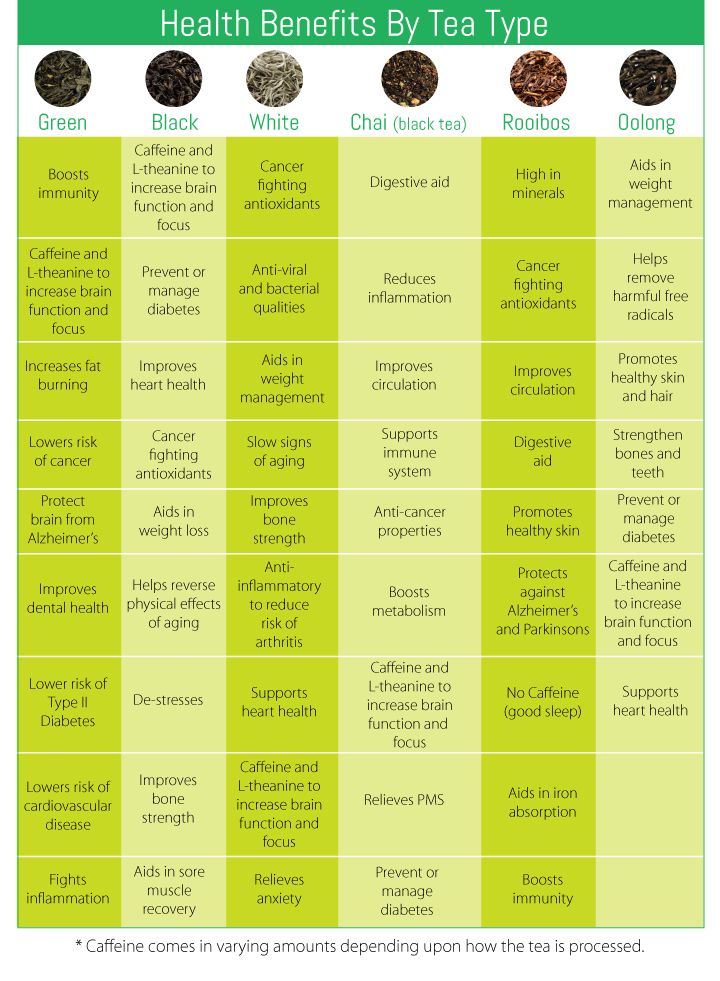 Vicious circle. nine0003
Vicious circle. nine0003
Anxiety interferes with career growth. Anxiety goes hand in hand with fear of failure, avoidance of difficulties, fear of superiors. With such “baggage” it is difficult to build a career, these qualities seriously interfere with implementation.
Anxiety reduces the degree of satisfaction with life, including the professional area. Anxious people are less satisfied with their jobs because their focus is on risks and threats, and they often fail to see the bright side and opportunities. nine0003
1. Take an anxiety test.
For example, this one. If you see high numbers, know that you tend to overreact to stressful situations, and when they occur, analyze how justified your anxiety is.
2. Do breathing exercises when you are very anxious.
Take a 10-minute pause and breathe slowly and deeply into your belly. Walk, if possible, go outside. After the break, look at the situation or problem again with a cool head.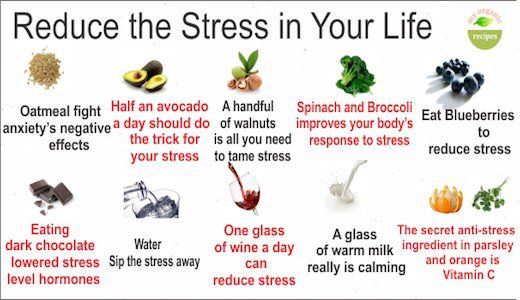 nine0003
nine0003
3. Keep a diary of your emotional state.
Write down what makes you anxious and what thoughts trigger the experience. For example, “a colleague didn’t greet me because I did something wrong. It seems to me that colleagues are discussing me behind my back, but I don’t know why.” Think about what objective factors indicate that colleagues do not like you. The rest is your fantasy, a colleague might not notice you.
4. Choose a creative hobby.
Art therapy helps relieve stress: drawing, pottery, sand techniques, knitting, embroidery and others are shown. nine0003
5. Rest.
Life-work balance is essential for everyone, and if work duties keep you in an anxious state, good rest is vital for you. Follow the regime, leave time for yourself on weekdays and weekends. Processing will not bring you peace, and in an anxious state, people are ineffective.
6.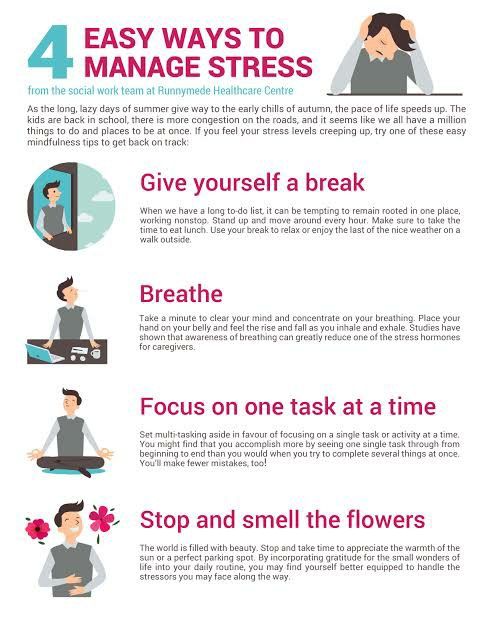 Go in for sports, walk more.
Go in for sports, walk more.
Physical exercise is good for resetting.
These recommendations will be useful for your health and your career, because as Haruki Murakami wrote: there is strength in calmness. Be stronger and more resilient! nine0003 ✱ The opinion of the authors and experts may not coincide with the position of the editors hh.ru
More about self-development and self-help
🚩 Was the material useful? Share it with your friends on social networks!
The repost button is in the "header" of the article ⏫
↩ To other articles
How to calm down: 10 ways to quickly pull yourself together
receiving bad news. Now we all constantly read and listen to the news, trying not to miss a single detail of what is happening. The information field inflames the nervous system, therefore, together with psychologists, RBC Style prepared instructions on how to calm down when a feeling of anxiety appears.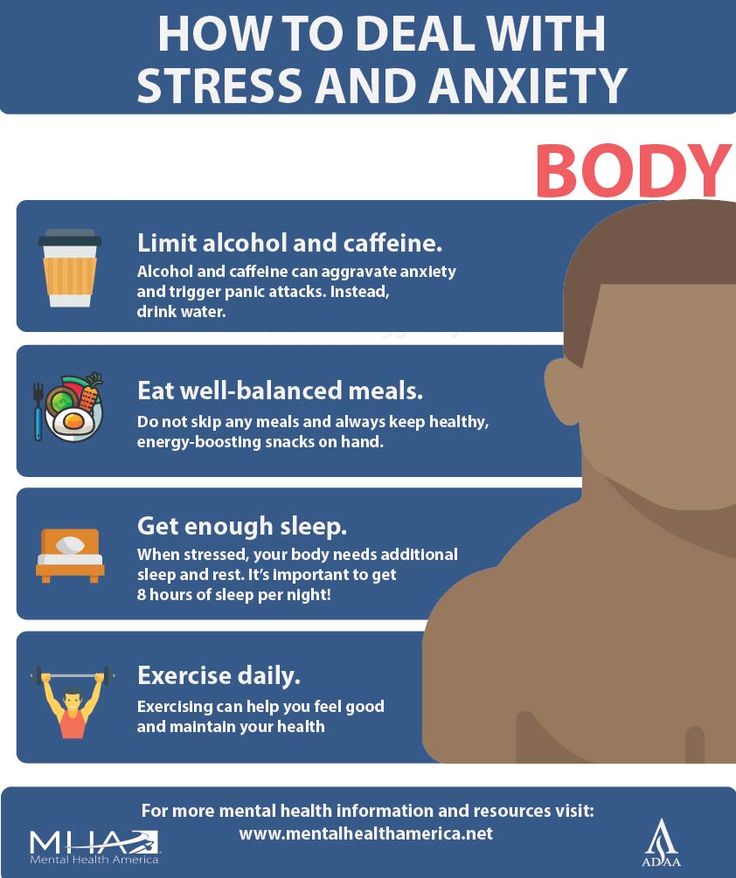 nine0003
nine0003
If we receive a lot of negative information at once, panic and terror can set in. They are easily identified by a rapid pulse, shortness of breath, and a feeling of tightness in the chest [1]. Often, along with anxiety come sweating, chills and tremors inside. The symptoms are somewhat similar to a panic attack, but are not as pronounced. The hormone cortisol is responsible for this response. The task of this steroid is to give us strength in case of severe danger. It increases blood pressure and blood sugar levels [2] and also helps to survive pain. nine0003
© unsplash
Advertising on RBC www.adv.rbc.ru
Experts in the article:
Anastasia Afanasyeva, psychotherapist, clinical director of the online platform for the selection of psychologists and psychotherapists Alter;
Olya Osokina, founder of AIBY health-tech company;
Sofya Khasieva, therapist, leading specialist of the Semeynaya clinic network
The release of cortisol in itself is not harmful, but on a “regular basis” it can lead to various psychological disorders.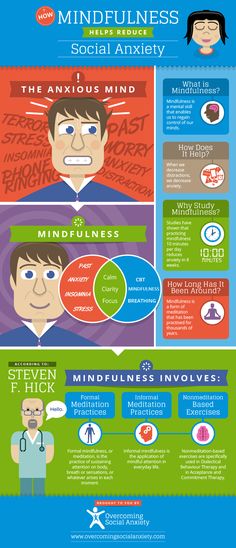 Therefore, it is very important to be able to cope with anxiety attacks. But what methods really work? nine0003
Therefore, it is very important to be able to cope with anxiety attacks. But what methods really work? nine0003
1. Breathe
The body copes with muscle spasm due to the release of hormones through rapid breathing. Our body at this moment is ready for decisive action. There is no need to run headlong, you need to concentrate and restore your breath. Scientists have described effective techniques [3]:
- inhale slowly and for a long time through the nose;
- exhale even more slowly and deeply through your mouth;
- close your eyes and focus on your breath; nine0108 you can start counting your exhalations.
This technique will help you switch your attention to your own body, which means you can relax a little. Moreover, self-regulation of breathing is recognized by scientists as the primary treatment for anxiety disorders [4].
Olya Osokina, AIBY health-tech founder:
“It's better to breathe this way: the exhalation is longer than the inhalation. For example, for four counts - inhale, for eight counts - exhale. Gradually increase the number of exhalation counts, bringing their number to 16. In a minute, you need to take 12 breaths and exhalations. There is another useful exercise. When you are calm, not anxious or afraid, try to get scared. You will feel surprised and maybe even laugh. With the help of this exercise, you will train yourself and at the moment of fear you will perceive it differently and it will be easier to live. nine0003
Anastasia Afanasyeva, psychotherapist, clinical director of the online platform for the selection of psychologists and psychotherapists Alter:
“In fact, there is no right and wrong method of breathing to cope with panic. Moreover, it is important to understand that breathing practices should not become "protective" behavior, that is, a way to avoid anxiety.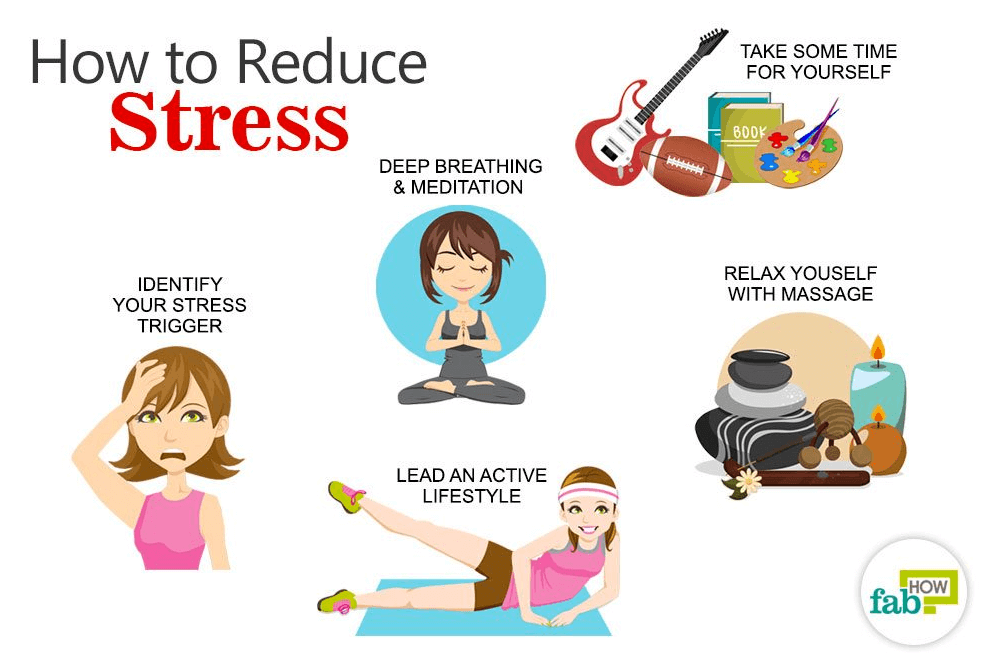 We use breathing practices to allow us to "ground ourselves" and return from anxiety to the present moment. To do this, you should pay attention to breathing, without changing it in any way, just noticing the inhalation, exhalation, the way the air passes through the respiratory tract. nine0003
We use breathing practices to allow us to "ground ourselves" and return from anxiety to the present moment. To do this, you should pay attention to breathing, without changing it in any way, just noticing the inhalation, exhalation, the way the air passes through the respiratory tract. nine0003
Sofya Khasieva, therapist, leading specialist of the Semeynaya clinic network:
“Proper breathing plays a great role in reducing anxiety. Being in a state of panic and fear, we may not notice how our breathing has become frequent and shallow - chest. Here the technique of diaphragmatic, abdominal breathing with a long exhalation will come to the rescue. It is the most physiological for a person, as it provides optimal gas exchange in the lungs, and also stimulates the activation of the parasympathetic nervous system, which is responsible for relaxing the body, including slowing down the pulse, normalizing intestinal motility, and improving blood supply.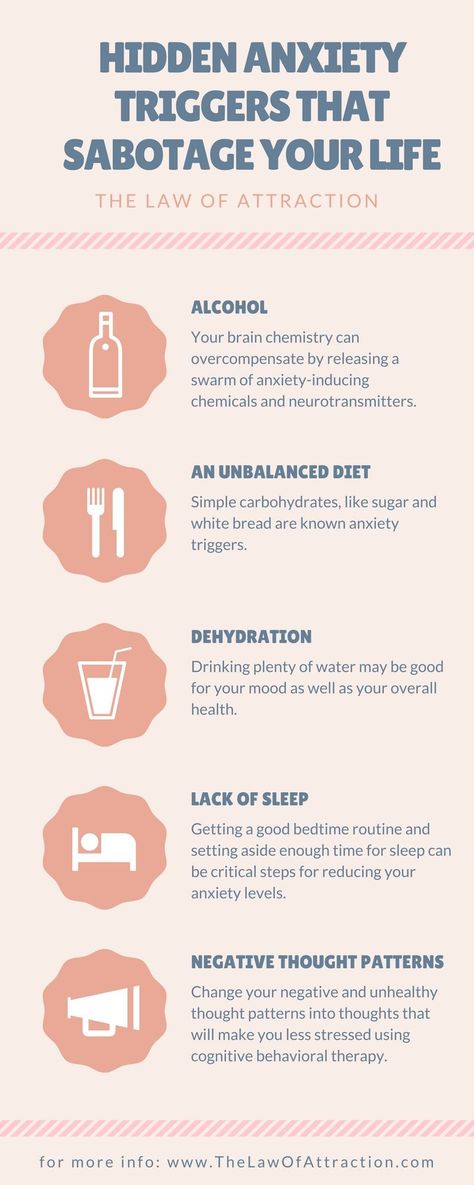 nine0003
nine0003
Breathing practices are the basis of meditation. Her task is to build relationships with her body. There are many meditation techniques, and they will be useful to any person: the main thing is to find the right one for yourself. You can start just with conscious breathing.
Breathe Properly: How Mindful Breathing Can Improve Your Health
2. Stop Doomscrolling
The term doomscrolling is relatively recent, and refers to the continuous browsing of feeds in search of bad news. Surely, you forced yourself to do this. Unfortunately, it can only increase anxiety and cause negative consequences [5]. Psychologists recommend limiting the consumption of news content to individual hours, if you can’t refuse it altogether. nine0003
“Make time for yourself during the day when you read the news: for example, 15 minutes in the morning and 15 minutes in the evening. The rest of the time, turn off notifications from news channels, remove them from the visibility zone.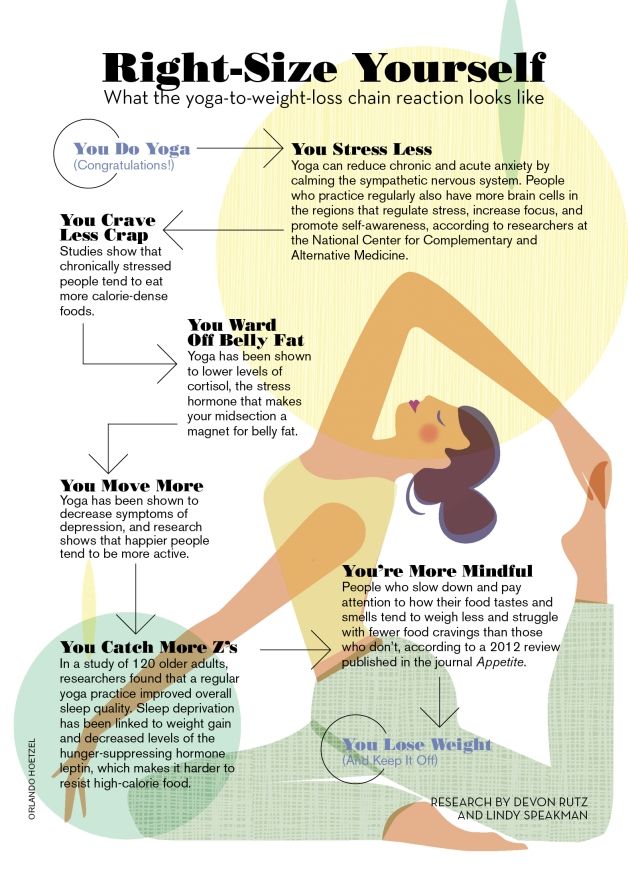 In Telegram, you can archive these channels,” Anastasia Afanasyeva advises.
In Telegram, you can archive these channels,” Anastasia Afanasyeva advises.
“Consuming news is the most popular activity for everyone these days, whether it's watching TV, reading news feeds, or surfing social media. I recommend prioritizing and choosing yourself over the news. It's important to set boundaries. For example, today I will watch the news for 2 hours, but the rest of the time I will devote to myself and pressing issues,” says Olya Osokina, founder of AIBY’s health-tech company. nine0003
3. Use fragrances
Known fact: the smell of lavender has a positive effect on the body and promotes relaxation. Some studies have shown that inhaling the aroma of this plant helps with anxiety disorders [6]. You can light candles, buy a diffuser, or take a warm bath with lavender salt.
© unsplash
4. Write down your experiences
Doctors recommend using the expressive writing technique for prolonged stress.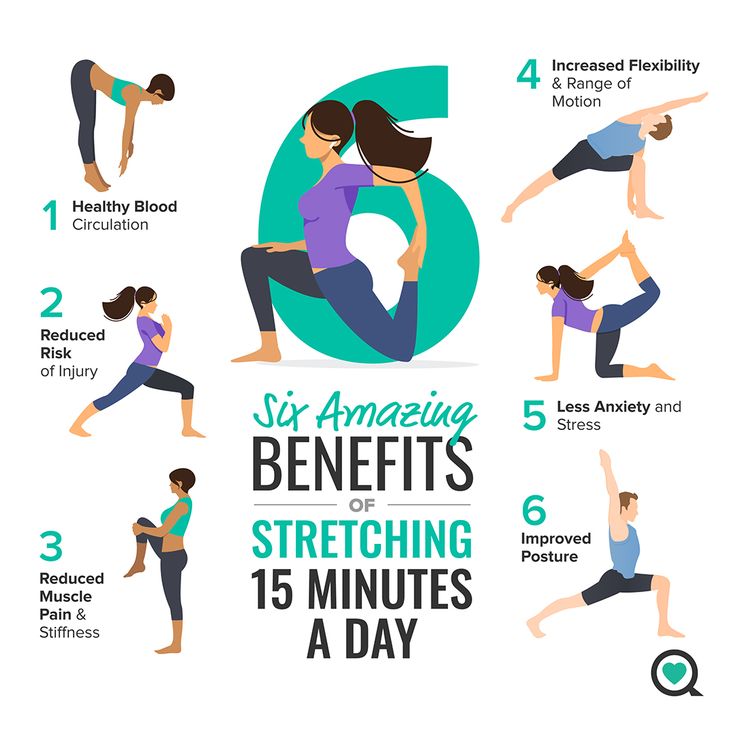 Dr. Pennebaker found that journaling can help relieve stress and combat the effects of mental trauma [7]. But even with sudden attacks of anxiety, this technique can help relieve tension. In fact, this is the same as speaking out - voicing your fears and leaving it on paper. You don't have to think about what you are writing about. Just set a timer for 20 minutes and start writing down everything that bothers you, regardless of mistakes and punctuation. nine0003
Dr. Pennebaker found that journaling can help relieve stress and combat the effects of mental trauma [7]. But even with sudden attacks of anxiety, this technique can help relieve tension. In fact, this is the same as speaking out - voicing your fears and leaving it on paper. You don't have to think about what you are writing about. Just set a timer for 20 minutes and start writing down everything that bothers you, regardless of mistakes and punctuation. nine0003
5. Go for a walk
In a situation where your heart rate and blood pressure are high, exercise is not a good idea. This will be an additional burden on the body. Walking, on the other hand, can help calm you down. What’s more, walking in the woods has been found to help reduce anxiety [8]. In the conditions of the city, a park can become a substitute for a forest.
6. Drink water (but not alcohol)
Many people find that they lose their appetite when they are stressed or panicked.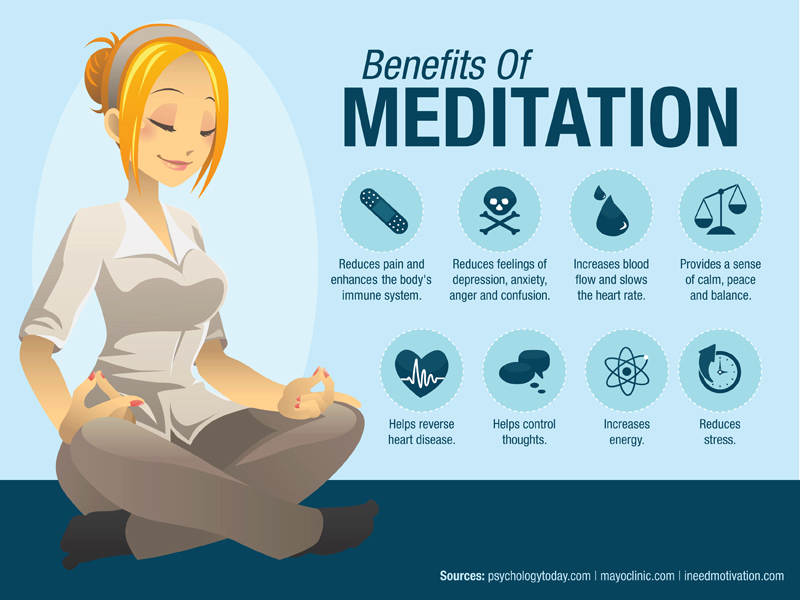 This is explained by the same release of hormones that prepare the body for an attack and turn off functions that are unnecessary at the time of danger, such as hunger. A glass of cool water, on the other hand, can help relieve symptoms of anxiety, especially if you're not hydrated and not drinking enough fluids. Scientists have found that there is a link between water deficiency and depressive and anxiety disorders. Dehydration can exacerbate stress symptoms [9].
This is explained by the same release of hormones that prepare the body for an attack and turn off functions that are unnecessary at the time of danger, such as hunger. A glass of cool water, on the other hand, can help relieve symptoms of anxiety, especially if you're not hydrated and not drinking enough fluids. Scientists have found that there is a link between water deficiency and depressive and anxiety disorders. Dehydration can exacerbate stress symptoms [9].
It is important to remember that caffeinated beverages and alcohol can only worsen your condition. Try to avoid them.
Anastasia Afanasyeva:
“Anxiety is best dealt with by experiencing emotions rather than trying to relieve them with drugs or food. This behavior can lead to drug abuse or compulsive overeating. Breathe, walk, talk to your loved ones. Coffee and tea, especially green tea, contain caffeine, which will only increase anxiety. Alcohol, although it can dull the condition for a while, is a depressogen.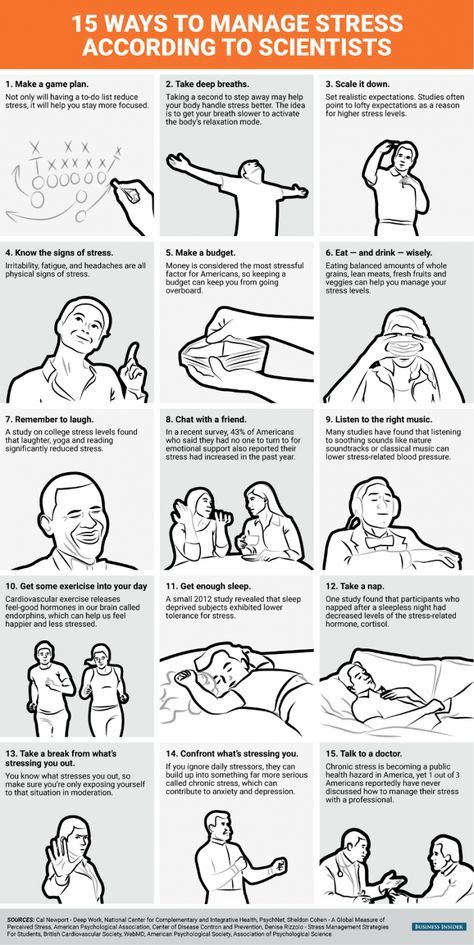 That is, after the effect of alcohol wears off, the likelihood of a decrease in mood increases greatly. If you feel that it is very difficult to cope on your own, then you can use valerian. nine0003
That is, after the effect of alcohol wears off, the likelihood of a decrease in mood increases greatly. If you feel that it is very difficult to cope on your own, then you can use valerian. nine0003
7. Switch
To get rid of the oncoming anxiety, you should try to switch to another activity, such as cleaning.
Olya Osokina:
“Switching to the body is a good technique, because during a panic, as a rule, a person is “thrown” out of the body and our task is to return to it. There are people who dispose of their emotions (anxiety and fear) while cleaning or washing dishes.
Sofia Khasieva:
“Thanks to Ivan Mikhailovich Sechenov's research in the field of physiology, we know that the best rest for the body is a change of activity. Therefore, a pleasurable physical activity or creative process will be useful, singing is especially useful for relieving anxiety (largely, again, due to the influence of respiratory movements on the nervous system). nine0003
nine0003
© pexels
8. Buy an anti-stress toy
These items are called that for a reason - they can really help. As a rule, such toys involve fine motor skills. You do something with your hands, it calms and distracts from bad thoughts.
Anastasia Afanasyeva:
“They help keep your hands occupied when you're anxious and shift your focus away from destructive behavior like trying to bite your nails, pick at sores, and so on. Of course, they will not be able to remove the main wave of anxiety and stress.” nine0003
Olya Osokina:
“Toys like this work well. But you need to choose an anti-stress item that is right for you, for example, a pillow with balls, where you can use fine motor skills.”
9. Turn on the blue light
Scientists have found that blue light has a calming effect on the nervous system [10]. It is also used to treat sleep problems.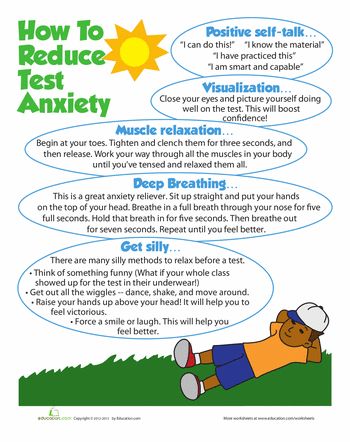 But even in the event of an attack of anxiety, it can bring relief. If there is no suitable lamp at hand, doctors recommend going outside. Daylight has a positive effect on our body, thanks to the sun, the hormone of joy, serotonin, is produced, which will definitely help in the fight against fear. nine0003
But even in the event of an attack of anxiety, it can bring relief. If there is no suitable lamp at hand, doctors recommend going outside. Daylight has a positive effect on our body, thanks to the sun, the hormone of joy, serotonin, is produced, which will definitely help in the fight against fear. nine0003
Anastasia Afanasyeva:
“Color has no effect on the level of anxiety that reigns in society today. Rather, it is important to go outside under natural light to promote the production of vitamin D. It has a positive effect on mood and immunity.”
Olya Osokina:
“In my opinion, color and light should be considered individually for each person. Generally speaking, a soft, unsharp light that doesn't dazzle your eyes works best. People often talk about the color blue because it is associated with calmness and peace and evokes positive emotions.” nine0003
10. Seek help
If you experience uncontrollable panic attacks that recur constantly, you should seek help from a therapist or psychologist.
Sofya Khasieva:
“The ability to feel fears and doubts about future events, based on previous experience, helps to avoid perceived dangers and, ultimately, to survive. However, in today's busy world, the ability to worry can be very maladaptive. Our task is to learn how to regulate anxious reactions and support ourselves in difficult times. nine0003
When acute or chronic anxiety prevents you from adapting to the situation and life in general, communicating with people, building relationships, achieving goals, you need to see a doctor. If your anxiety is so strong that it affects sleep and appetite, you find it difficult to perform routine activities or try new things, and panic attacks make you unable to leave the house, then it may not just be anxiety, but about anxiety disorder.
The spectrum of anxiety disorders is diverse. They are treated by psychotherapists and psychiatrists. They use a combination of non-drug and drug therapies.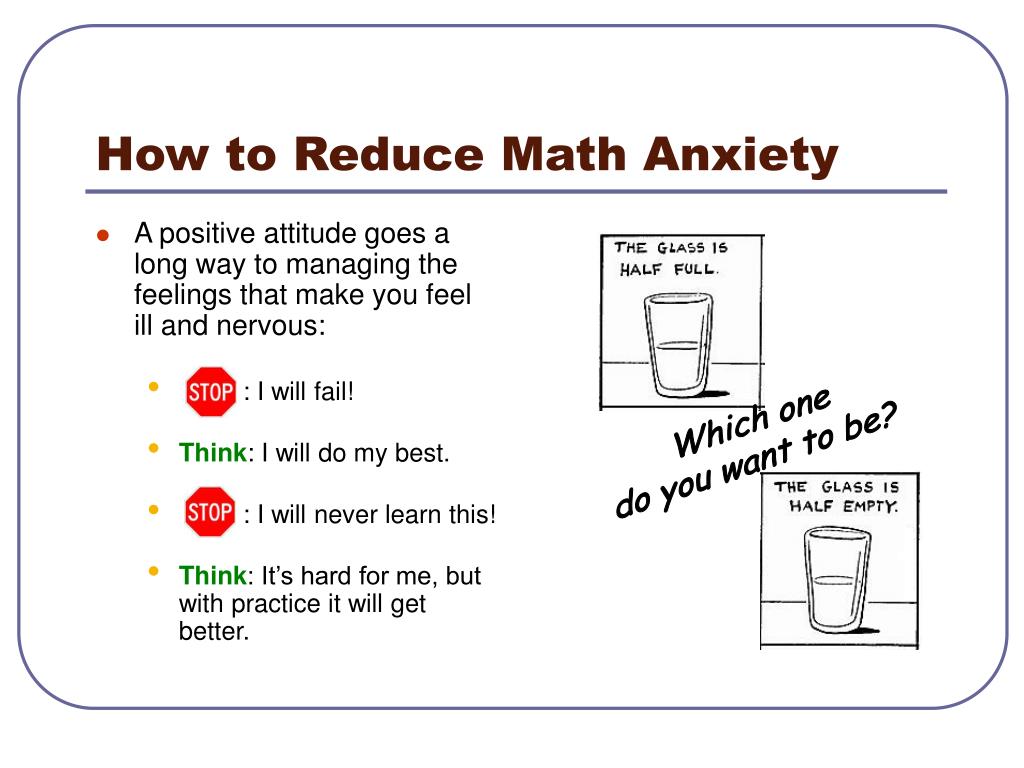 Choose psychotherapists and psychologists who work in well-researched areas (e.g., cognitive behavioral therapy, EMDR) that are highly effective.” nine0003
Choose psychotherapists and psychologists who work in well-researched areas (e.g., cognitive behavioral therapy, EMDR) that are highly effective.” nine0003
Anastasia Afanasyeva:
“You should go to the doctor if you have panic attacks almost every day, you can’t sleep and/or eat, your mood has steadily decreased, and suicidal thoughts have appeared. In this case, you should consult a psychiatrist or psychotherapist.
If you feel a surge of panic, remember that panic is a manifestation of intense anxiety and an adrenaline rush. The best thing you can do is get over this anxiety. To do this, you can imagine the rolling of this sensation as a wave that rises and falls, and gradually fades. After all, if we do not reinforce anxiety, then adrenaline stops being thrown out and it recedes. nine0003
Olya Osokina:
“Every person tends to experience fear and anxiety. Panic occurs when several exciting events occur at one moment and the psyche cannot cope.